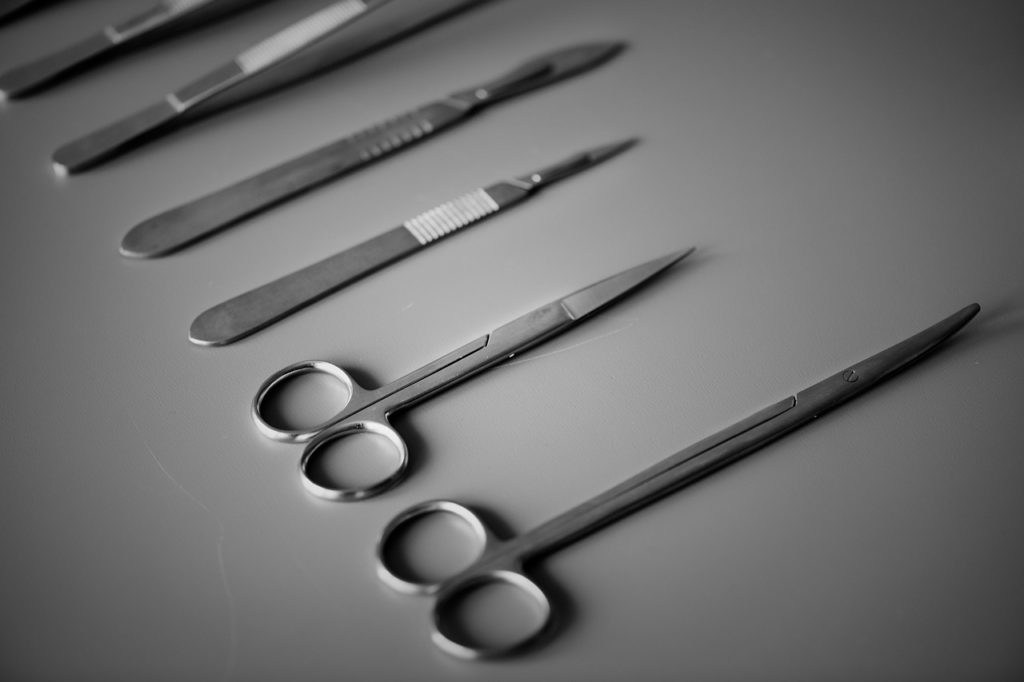Plastic surgery has become a standard procedure to get beautiful looks or take off a few years from your eyes. However, with a complex system like plastic surgery, it is common to experience some minor effects, including bloating. Many people start to experience bloating after getting their plastic surgery done.
There are different possible causes and potential treatments for this unusual occurrence after plastic surgery. Some feel a little stomach discomfort or a feeling of fullness, while others may experience bloating that makes it difficult to sit or stand upright. If you are suffering through such an issue, you must understand the cause and get proper treatment.

Why do I feel bloated after having Plastic Surgery?
Possible Causes of Bloating After Plastic Surgery
Plastic surgery has evolved to a great level where almost anything is possible. However, from time to time, people experience some minor side effects after getting the procedure. Bloating is a common issue that can be easily treated under expert care. Many causes can cause bloating after plastic surgery. These are:
- Discomfort due to swelling
- The doctor takes pain medications
- Medications you have taken before or after surgery
- Food allergies or intolerance
- Infections and problems with bowels
If you feel excessive bloating after surgery, you should immediately consult the surgeon to ensure on-time treatment. Stratus Plastic Surgery is known for its expert treatment and complete after-care to its patients.
Treating and Preventing Bloating after Plastic Surgery
If you are experiencing bloating after plastic surgery and the causes mentioned earlier don’t apply, you should speak with your surgeon and ask for expert suggestions about how to deal with it. Certain things can help you keep your bloating under control. Some of these include:
- Eat a well-balanced diet that is rich in fibre content. In addition, make sure you are drinking plenty of water and fluids throughout the day.
- Exercise as much as possible. However, if you feel pain while doing so, avoid strenuous exercise routines.
- Avoid carbonated beverages and alcohol, caffeine, or smoking because they may lead to bloating.
- Do not forget to take vitamins and minerals, especially if you take any other medications.
- Do not rush to eat or drink after the surgery, as this may lead to bloating.

While these steps may help you prevent bloating after plastic surgery, it is better to consult with the surgeon immediately to discuss different treatment options. They will be able to give you accurate advice on how to deal with such unwanted side effects.
You must understand the potential problems of early bloating, as it can cause severe issues like vomiting and pain at the surgical site. Therefore, it is always better that they are detected in time and treated with proper medication so that they don’t cause any further complications.
Final Words
The factors mentioned above may cause bloating after plastic surgery. Though it can be related to the procedure itself, it is a prevalent issue that needs to be managed effectively.
In conclusion, bloating after plastic surgery is a common occurrence and can be caused by several factors such as the buildup of gas in the intestines, water retention, and constipation. Fortunately, there are various measures you can take to prevent or reduce bloating after plastic surgery. These include staying hydrated, eating a balanced and fibre rich diet, walking regularly, avoiding carbonated beverages, and taking probiotics to promote gut health.
In addition, it is essential to follow your surgeon’s post-operative instructions carefully, including avoiding strenuous activities and taking medication as prescribed. If you experience persistent or severe bloating, it is crucial to consult with your surgeon as it could be a sign of a more serious complication. Overall, being proactive in managing your post-operative care can help you minimise discomfort and speed up your recovery after plastic surgery.
